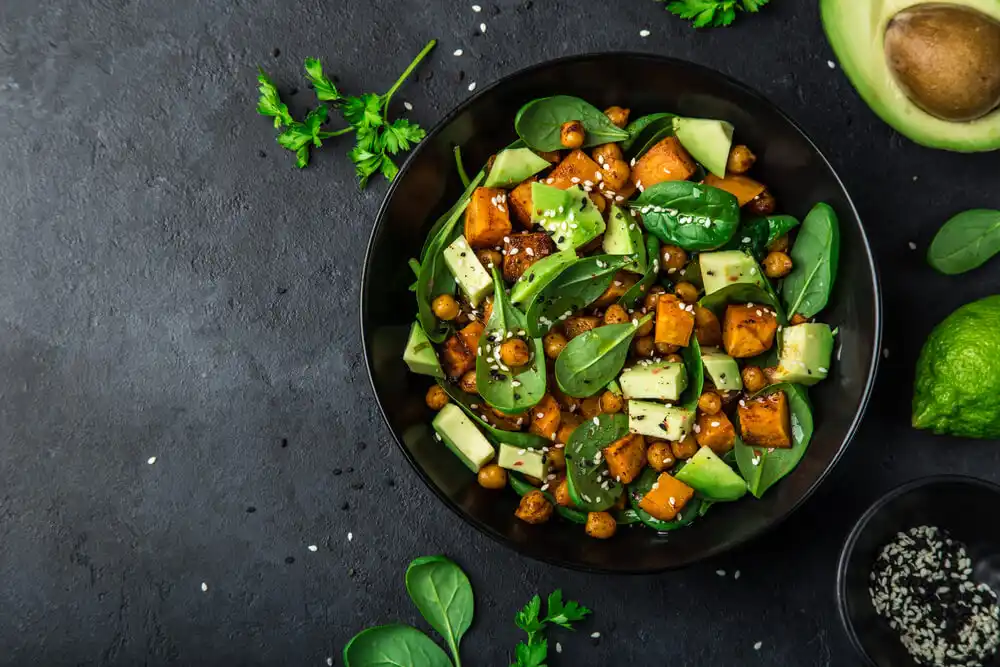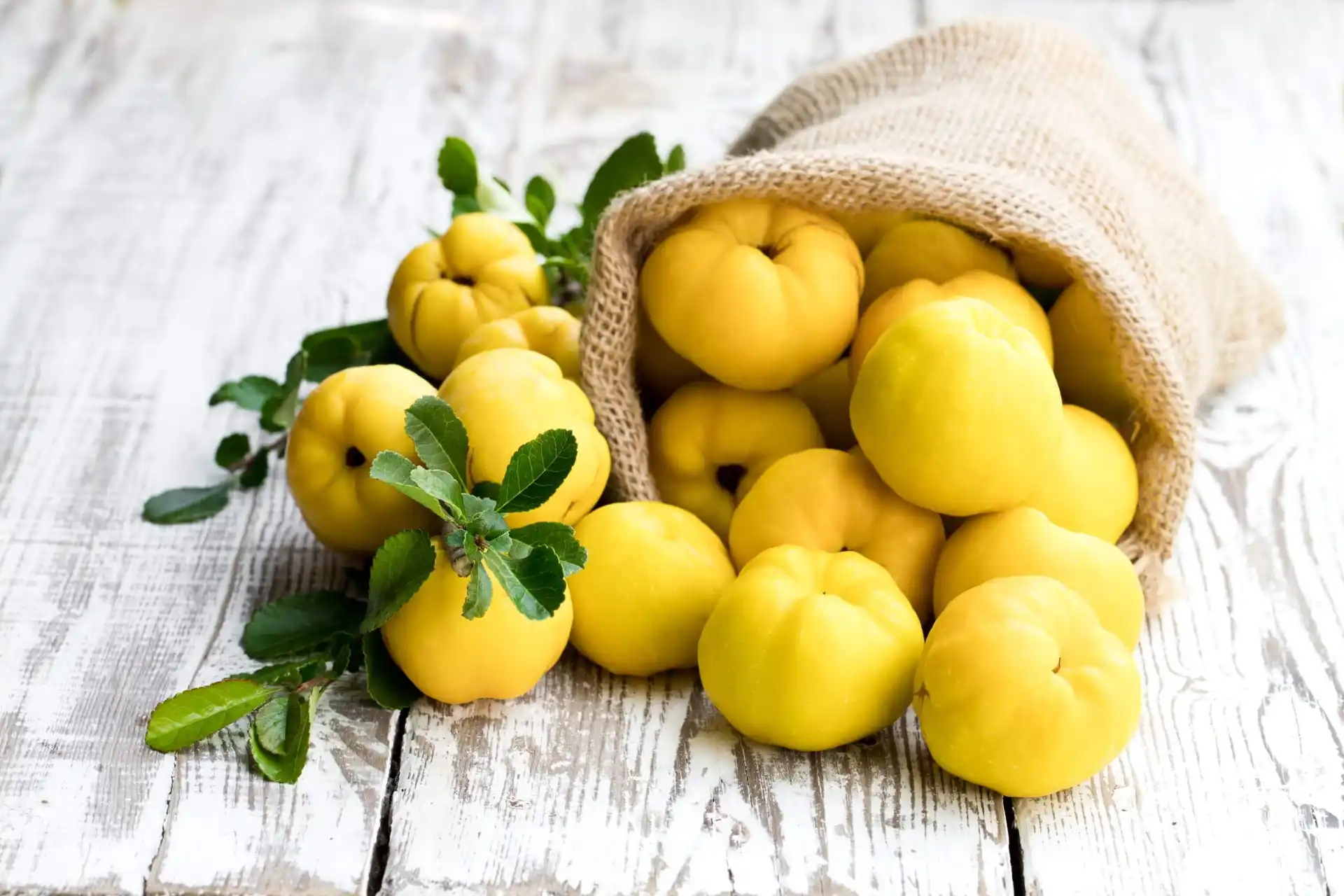A Healthy Diet for Gastritis


Written and verified by the doctor Maricela Jiménez López
Gastritis is an inflammation of the stomach lining that causes discomfort, heartburn, and even nausea and vomiting. People with chronic gastritis are often afraid to eat certain things to avoid this discomfort. In this article, we will give you advice on how to structure a proper diet for gastritis. Keep reading to find out more!
What causes gastritis?
One of the most common causes of gastritis is an infection caused by a bacteria called Helicobacter pylori. In developed countries, this bacterium could be infecting up to 50% of the population, although only 15% of them develop the disease.
This shows that developing gastritis depends heavily on genetic or environmental factors (food, smoking, etc.). With that said, this isn’t the only cause of gastritis. Other causes include:
- Continued use of certain medications like non-steroidal anti-inflammatory drugs (NSAIDs) like aspirin or ibuprofen.
- Consuming too much alcohol, tobacco, or drugs.
- Autoimmune disorders like pernicious anemia.
- High stress or anxiety, since it increases gastric acids and causes what is called gastritis nervosa.
- The over consumption of rich, very heavy or spicy foods.
Also Read: Three Habits that will Help Control Your Gastritis
How should someone with Gastritis structure their diet?

A gastritis diet consists of a nutritious and healthy diet in which we reduce and avoid the consumption of those foods that aggravate and irritate the stomach and increase the consumption of those foods that have a calming or positive effect on the stomach.
With the right diet, it’s possible to improve digestion, decrease pain and other symptoms, thereby reducing inflammation and gastric discomfort. It’s very important to remember that medical follow-up is always necessary in the treatment of gastritis.
General dietary guidelines for gastritis.
When preparing a diet for people who suffer from gastritis, the following tips should be taken into account:
- Meals should be light: If necessary, you can eat more frequently, but you should avoid eating until you feel completely full
- Promote certain recommended foods that are healthy for the stomach: Potatoes, rice, carrots, pumpkins, cooked cabbage, apples, ripe bananas, and olive oil.
- Light cooking: It’s preferable to steam, boil, make purees or soups. Avoid stir-frying, grilling, roasting, or other very dry or undercooked foods.
- Don’t drink anything too hot
- Drink water throughout the day
Discover: Five Teas that may Help Treat Gastritis
Examples of a daily diet for gastritis
Remember that while this diet will help reduce some of the pain and discomfort caused by gastritis, it isn’t a cure.
Breakfast
- Semi-skimmed milk with sugar / Yogurt
- White bread with jam / Cookies / Two slices of white bread with turkey or ham
- 1 tablespoon of skim white cheese
Morning snack
- Grilled fruit or fruit compote / Peach, apple, or grape juice / Recommended fruit
Lunch
- Side Dish: Zucchini puree / Boiled potatoes with Swiss chard / Rice with vegetables / White macaroni with cooked ham or bacon, zucchini, and eggplant.
- Main Dish: Roasted skinless chicken thigh / Grilled beef / Boiled hake / Baked whiting
- Dessert: Ripe banana / Peach in syrup / Roasted pumpkin / Curd with sugar / Homemade custard made with skim milk
Afternoon snack
- Tea or infusion with some cookies / Natural yogurt / Light fruit

Dinner
- Starter: Boiled green beans, carrots, and potatoes / Vegetable puree / Chicken soup with noodles / Borage and potato
- Main Dish: Grilled chicken breast with steamed potatoes / Grilled ham / Grilled sole with cooked carrots / Baked halibut / Egg or zucchini omelette
- Dessert: Roasted apple / Ripe pear / Fresh cheese with quince jelly / Vanilla custard
Note: If you want to improve digestion, try drinking more infused teas with strong digestive properties.
Lastly, remember to avoid limiting your diet more than necessary. Use these recommendations as a guideline and always remember your personal preferences and dietary restrictions. Also, try to make your diet, within its restrictions, as varied and balanced as possible. Additionally, you can try gradually introducing more foods into your diet if your condition improves.
All cited sources were thoroughly reviewed by our team to ensure their quality, reliability, currency, and validity. The bibliography of this article was considered reliable and of academic or scientific accuracy.
- Gupta, E. (s.f.). GERD diet: foods that help with acid reflux (heartburn). Johns Hopkins Medicine. Consultado el 23 de mayo de 2024. https://www.hopkinsmedicine.org/health/wellness-and-prevention/gerd-diet-foods-that-help-with-acid-reflux-heartburn
- Li, Y., Su, Z., Li, P., Li, Y., Johnson, N., Zhang, Q., Du, Sh., Zhao, H., Li, K., Zhang, Ch., & Ding, X. (2020). Association of symptoms with eating habits and food preferences in chronic gastritis patients: a cross-sectional study. Evidence Based Complementary and Alternative Medicine. 2020:5197201. https://www.ncbi.nlm.nih.gov/pmc/articles/PMC7368216/
- Mayo Clinic. ( 2024). Gastritis. Consultado el 3 de junio de 2024. https://www.mayoclinic.org/es/diseases-conditions/gastritis/symptoms-causes/syc-20355807
- National Institute of Diabetes and Digestive and Kidney Diseases. (2019). Síntomas y causas de la gastritis y la gastropatía. Departamento de Salud y Servicios Humano de Estados Unidos. Consultado el 3 de junio de 2024. https://www.niddk.nih.gov/health-information/informacion-de-la-salud/enfermedades-digestivas/gastritis-gastropatia/sintomas-causas
- Salud Madrid. (s.f.). Recomendaciones dietético nutricionales para una dieta de protección gástrica. Consultado el 22 de mayo de 2024. https://www.comunidad.madrid/sites/default/files/doc/38.dieta_proteccion_gastrica.pdf
- St. Luke’s Hospital. Complementary and Alternative Medicine. Gastritis. Consultado el 23 de mayo de 2024. https://www.stlukes-stl.com/health-content/medicine/33/000067.htm
- Weir, SBS., Akhondi, H., Bland diet. (2023). StatePearls. Treasure Island (FL): StatePearls. Consultado el 3 de junio de 2024. https://www.ncbi.nlm.nih.gov/books/NBK538142/
This text is provided for informational purposes only and does not replace consultation with a professional. If in doubt, consult your specialist.








